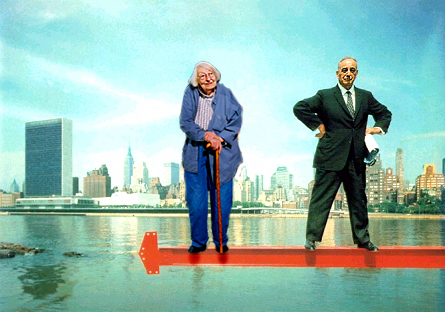The led me to find a webcast by David Logan on tribal leadership - a theory that I find totally fascinating.The theory goes that there are five ways people can behaviour/approach/lives their lives:
Dave Logan, on Tribal Leadership: Leveraging Natural Groups to Build a Thriving Organization:
- At Stage One people believe “Life sucks” and they cluster together, expressing hostility, such as in a gang.
- At Stage Two people believe “My life” sucks. They feel they are surrounded by people who have power, but they themselves do not.
- Stage Three is “I’m great,” which implies “You’re not.” It’s a culture of loan warriors.
- At Stage Four the “I” turns to “We” as those lone warriors group into value-based relationships.
- Stage Five is “Life is Great” where there is no “they.” These are the history-making groups that have excelled beyond competition.
I found a way of applying these concepts to my life. In my time at university, I come across many different tribes; mostly in the Life Sucks category, and the I'm great category. Selfishly, I think I often communicate in a way that is I'm great - your not mentality. The key is to shift your own influence to a step up. So if I approach project work with a group, and try to influence the tribe to believe we are great and life is great; perhaps their will be a different outcome?
In my current internship I am working with people who have the life sucks mentality; or the I'm great mentality. There seems to be little fusion between the tribe - and nothing to encourage that individual talents are less imporant than the pride of the tribe as a whole.
See this link by TEDtalks to fully understand what I mean! Click here: David Logan on Tribal Leadership:
"To move a person from Stage Three (“I’m great”) to Stage Four (“We’re great”), the manager needs to assign projects that are bigger than he/she could ever do alone. That person needs to realize that what worked until now, will no longer be enough going forward. The manager can begin this process by forming “triads,” or three-person relationships based on shared projects and resonant values. That way the manager acts an anchor to the relationship of the two others."
So for me - my aim is to operate in an approach that says we're great & life is great. And maybe group work isn't so bad afterall; even when I work with people with the Life Sucks mentality! As a creative communicator I see this as concretly making steps to share ideas; exchange ideas; and connect with my tribe with a influence that is celebratory of everyone involved.hmm. I let you know how I go..
We all know peoples at work who want to share ideas/articles/music/concepts/and connect different people together in different ways. I see this as the future of truly innovative action and communication in the light of new media platforms and spaces.





